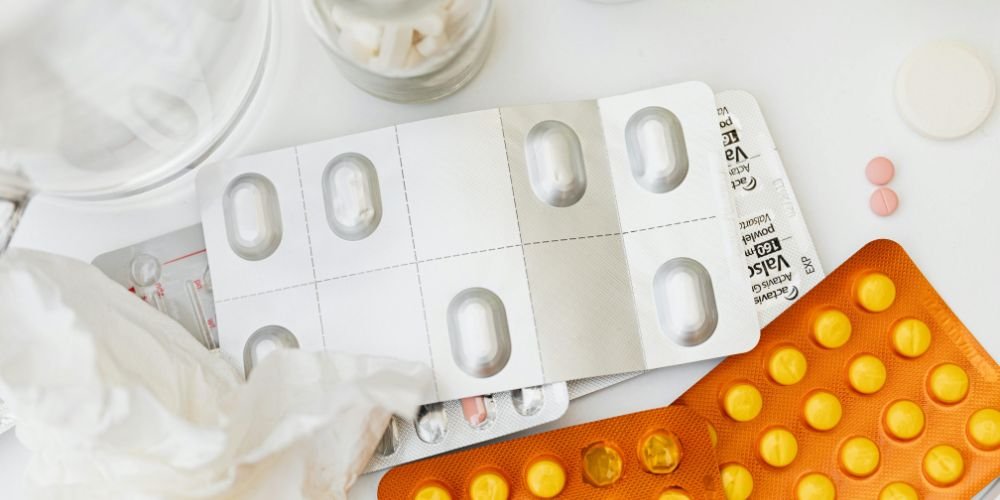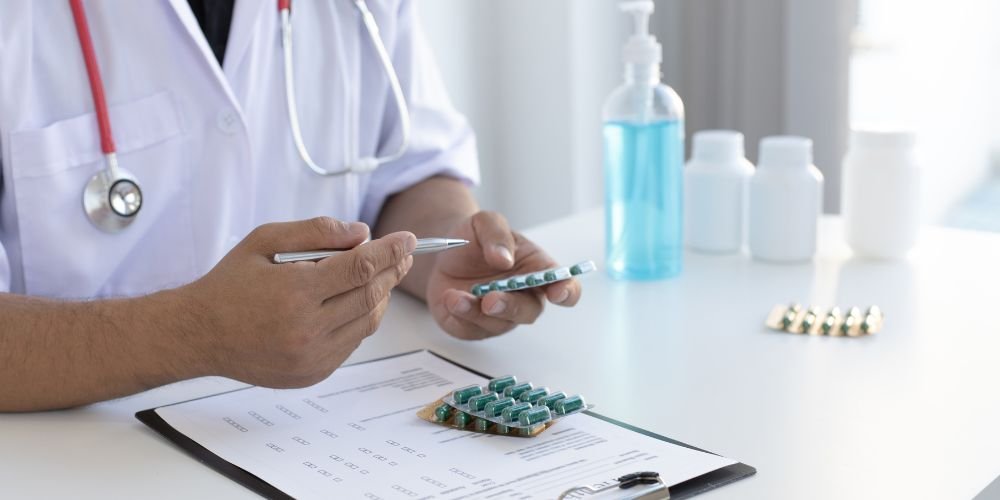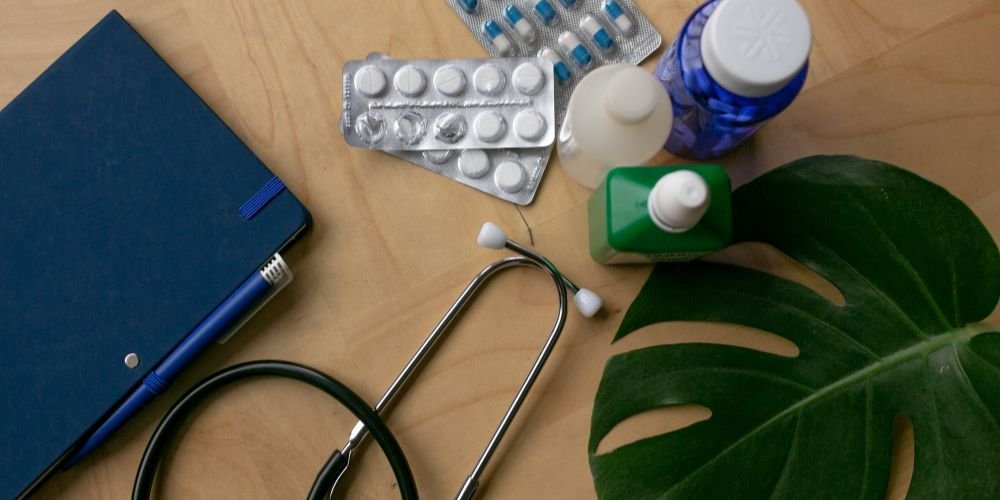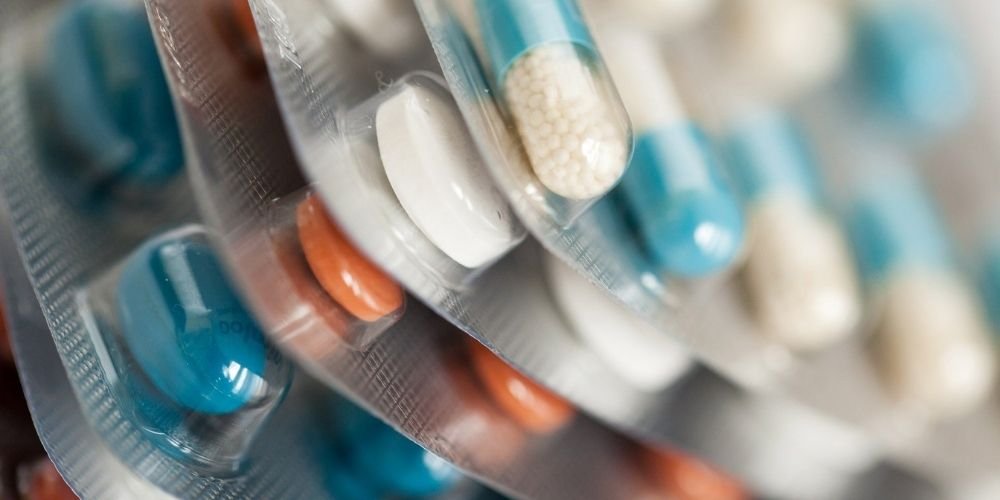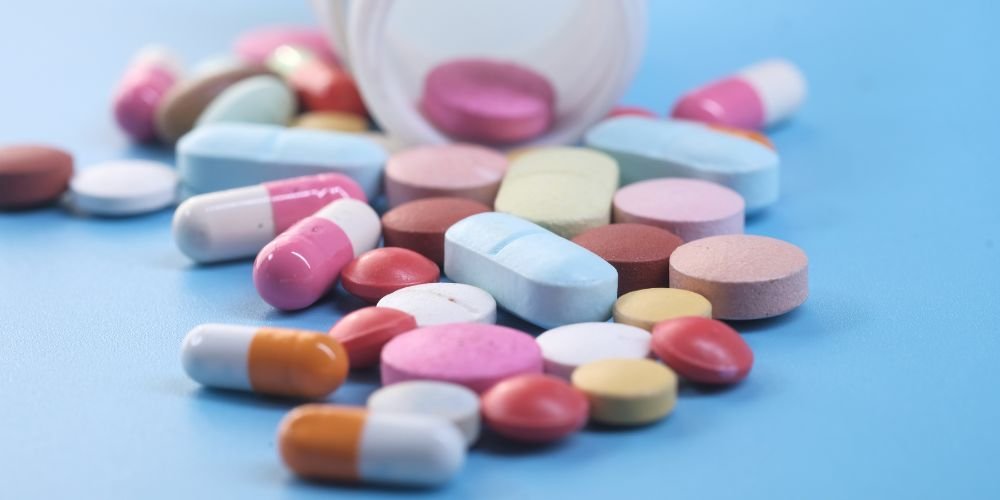You may have ever pondered the reason behind all the buzz around Knight Rider Spray among young men. What was once a relatively unknown online product is now a popular subject, especially among guys who want to feel more confident and competent in sexual situations. However, it is better to get advice on how you can get the best perks out of it while minimising damage from abusing it without knowing enough, like any other medicine. For you see, that’s where our online pharmacy will guide you, due to their expert affiliation in the medical field.
What To Know About It?
To put it simply, Knight Rider Spray is a delay spray, a topical medication that aids in controlling ejaculation and postponing premature ejaculation. A topical anaesthetic component, commonly lidocaine, is responsible for the painkiller’s ability to reduce sensitivity without completely eradicating feeling. As a result, you may stop being emotionally disconnected and start living in the now.
The short version of the scientific story is that when applied to sensitive skin, lidocaine somewhat dulls the senses of the nerve terminals. Because there is a little less sensitivity when climax is delayed, many men report feeling more satisfied with their performance and the event as a whole.
So, why is Knight Rider Spray suddenly so popular, especially among young men? Interpersonal interactions, personal discovery paths and plain old curiosity all play a role.
The presence of actual performance anxiety is a key component. There is a lot of pressure on males, particularly younger guys, to “perform” well. Internal monologues, societal norms or even past events can all contribute to this kind of pressure. A lot of other males can relate if it makes sense to you. Early ejaculation is widespread since it is one of the most common sexual problems among men.
Even more terrifying is the fact that discussing sexual performance was taboo for a long period. Truthfully, nobody brought it up. Due to the rise of trash-talking groups, forums and social media, products like Knight Rider Spray—which were hitherto hidden—have lately made a major impression.
Minimalist and Powerful
In today’s society, when convenience is key, Knight Rider Spray is ideal. Taking the medication a few hours before the big day isn’t necessary. It does not need a prescription. A few spritzes applied around ten to fifteen minutes before engaging in sexual activity would be enough.
Realising Your Full Confidence Potential
The increased longevity of Knight Rider Spray isn’t the only reason it’s generating a lot of interest, though. It’s boosting one’s confidence.
When you know you can control your body during heated interactions, your confidence will show. In it, you may find it in your words, in your relationships and in your sense of self. Young men often mention that boost—the little change in how you feel inside—as the real benefit in reviews and word of mouth recommendations.
Some men, when asked what has changed in their lives to make them feel more at ease, explain it by saying they are no longer anxious about “coming too soon.” According to some, trust between lovers may be fostered when intimacy becomes more natural and effortless. People keep coming back because of the power of anecdotal evidence like this, even if everyone’s experiences are unique.
A Safer Choice Than You Might Think
There is a common misconception that sexual health products like Knight Rider are dishonest or hazardous. Most delay sprays, including those containing lidocaine, are very safe when used topically. Without numbing pleasure or making you ill, they momentarily decrease sensitivities and they don’t require a prescription.
It goes without saying that common sense is supreme in such matters. For one thing, if any form of irritation happens, it means that you will have to avoid using the product as soon as possible. In addition, you will have to read carefully for each detail as you follow the guidelines.
On top of that, you must try to see a doctor if it gets too serious for you to handle and comprehend. To elaborate, if you have a medical condition that interlinks with allergies due to family genetics, it is a valid concern. However, if anaesthetics are involved, you have far more serious concerns regarding the matter.
The Distinct Advantages of Knight Rider
- When it comes to this, Knight Rider really delivers:
- Minutes after utilising it, users often notice results.
- Reliable: Its parts are made to last a long time and keep working.
- The pricing and delivery make it easy for young adults to give it a go.
The psychological benefit may be as substantial as the physical one, especially for first-time users, in terms of boosting self-confidence.
A product’s success depends on four things: how well it works, how affordable it is, how confident people are in it and how easy it is to use. Because people share what works and what doesn’t on the internet, its popularity has grown exponentially.
Conclusion
Unlike other products sold by online pharmacies, Knight Rider Spray has special benefits. Most often, men use it as a shortcut before that one nighttime moment with their partner as they develop some sort of performance anxiety.
So in that case, it’s understandable if they doubt they’ll last long. However, authentic and detailed research beforehand is a must, or else there would be more harm than good. Now, if you are interested in purchasing a genuine quality Knight Rider delay spray from our page, you can. However, it’s better for you go to check up on a proper medical specialist as we stated before.


